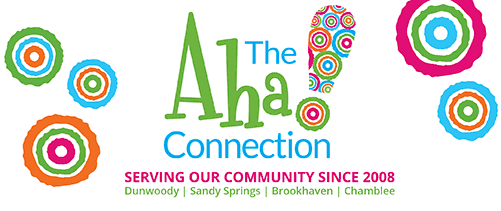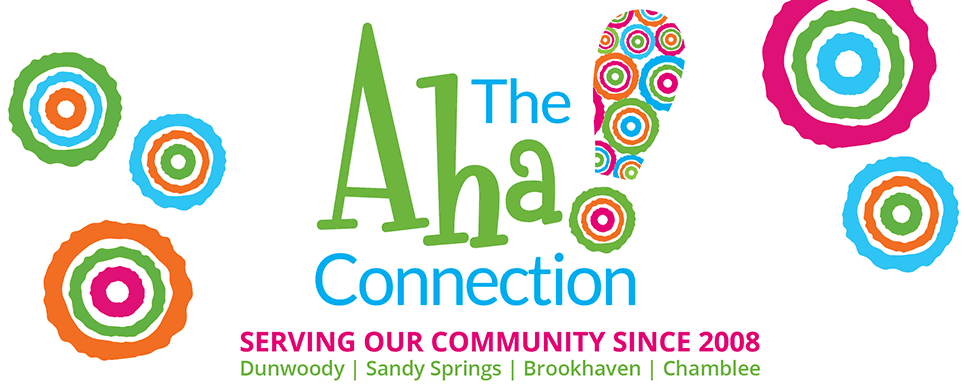Op-Ed by Superintendent Richard Woods
In October, we’ll release student scores for the first year of the Georgia Milestones Assessment System — and I want to caution that scores will likely reflect a smaller percentage of students who are proficient than we have seen in previous years.
Taking an Honest Assessment of Where We Are
Why will scores likely reflect a smaller percentage of students who are proficient? Because Georgia Milestones sets a significantly higher bar for student proficiency compared to the old Criterion-Referenced Competency Test (CRCT). That’s not an arbitrary decision. Under the CRCT, Georgia had some of the lowest expectations in the nation for its students. Too many students were labeled as proficient when, in reality, they had not fully mastered the standards and needed additional support. That hurt our kids, who need to be competitive with others across the country and hurt our teachers by making it difficult for them to have a true picture of the academic strengths and weakness of their students.
We have been consistently criticized for having a gap between proficiency on our state tests and proficiency on the National Assessment of Educational Progress (NAEP), which is considered the gold standard of tests. Many of these reports have appropriately stated that what we require of our students on state tests doesn’t come close to the standard on the NAEP. That is simply unacceptable. If we are going to address students’ needs, then we must be honest about how much they really know.
Again, Georgia Milestones will not show that Georgia’s students know less than they did before. It shows that the bar has been raised, and raising the bar is what we must do to make sure a Georgia student has equal or greater opportunities than a student anywhere else in the United States.
Raising the Bar, Increasing Supports
We will not raise the bar without increasing our supports for students and teachers. By adding additional social studies, science, and early grades positions at the state level, and strengthening professional learning through both in-person and virtual opportunities, we are building a strong foundation on which we can build long-term learning.
Moving Toward a More Meaningful Assessment System
A major change with this new test is that it assesses student learning along four levels of performance, rather than just three, as was the case for the CRCT. The Milestones achievement levels are Beginning Learner, Developing Learner, Proficient Learner, and Distinguished Learner. These designations aim to shift the focus away from just test scores, instead capturing the progression of student learning. Additional levels help teachers better pinpoint where their kids are and give students more opportunities to succeed. Proficiency will now mean that students have truly demonstrated a strong understanding of the standards, while a new achievement level, Developing Learner, will identify students who can proceed to the next grade level or course but will need additional support to be successful.
Another change is with the quality of feedback. Instead of providing the number correct for different learning domains, parents, teachers, and students are shown which area a student needs Remediate Learning, Monitor Learning, or Accelerate Learning. Such clear direction for specific concepts and skills should increase stakeholder involvement as well as academic improvement. More importantly, it continues the shift to an assessment system that treats students as more than data points.
I’m encouraged by these changes and am committed to making sure Georgia’s students are competitive nationwide, but we must, and we will, expand to a system with more diagnostic features so that teachers and students have more timely and meaningful information.
Balancing Accountability with Responsibility
Because we know these results will be a new baseline, scores for the 2014-2015 school year will not impact teacher evaluations or the promotion and retention of students. We will continue to monitor progress closely and will make decisions in a responsible way.
Making Commitments Instead of Comparisons
To clarify, an apples-to-apples comparison between CRCT scores and Georgia Milestones scores is not possible. They are two totally different tests, with different expectations set for student achievement. Because the expectations set by the Georgia Milestones system are higher, it is likely the percentage of students considered proficient will initially be lower. This lower percentage of proficiency does not mean Georgia students know less. It means they’ve been asked to clear a higher bar.
In summary, Milestones is a much needed improvement and a step in the right direction. However, there is much work still to be done in the area of assessment. We need to have an honest picture of where our children are academically. Since No Child Left Behind, there has been too much focus on tests over teaching, scores over students, and data points over daily interactions. We must continue to have a truly honest discussion and open dialogue on assessment in Georgia and in our nation. Information must be provided in a timely manner to students, parents, and teachers in order to improve student performance.
I am fully committed to an assessment model that paints a clear and accurate picture of where our students are and how to get them where they need to be, an assessment system that provides purpose instead of just percentiles and data points.
——————————————–
media contact: Matt Cardoza
Director of Communications
Georgia Department of Education
2062 Twin Towers East
205 Jesse Hill Jr. Drive SE













